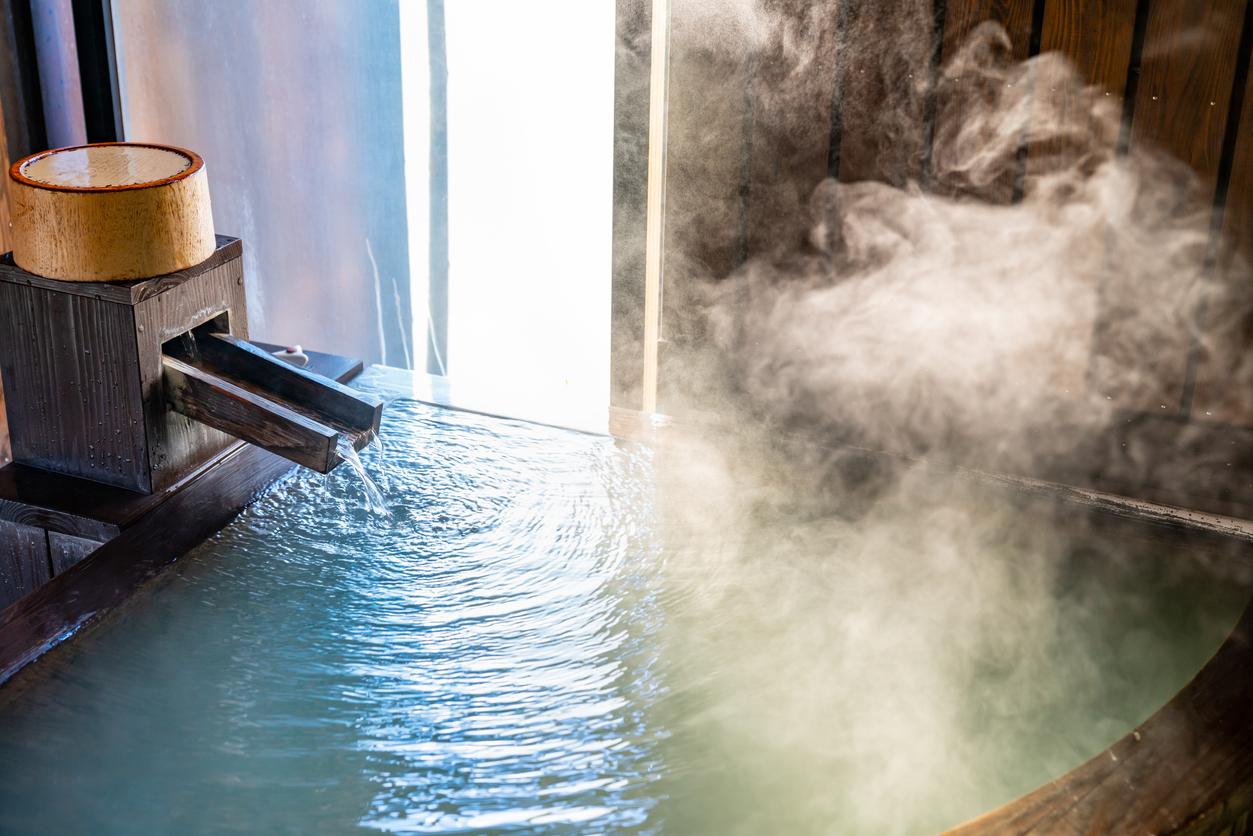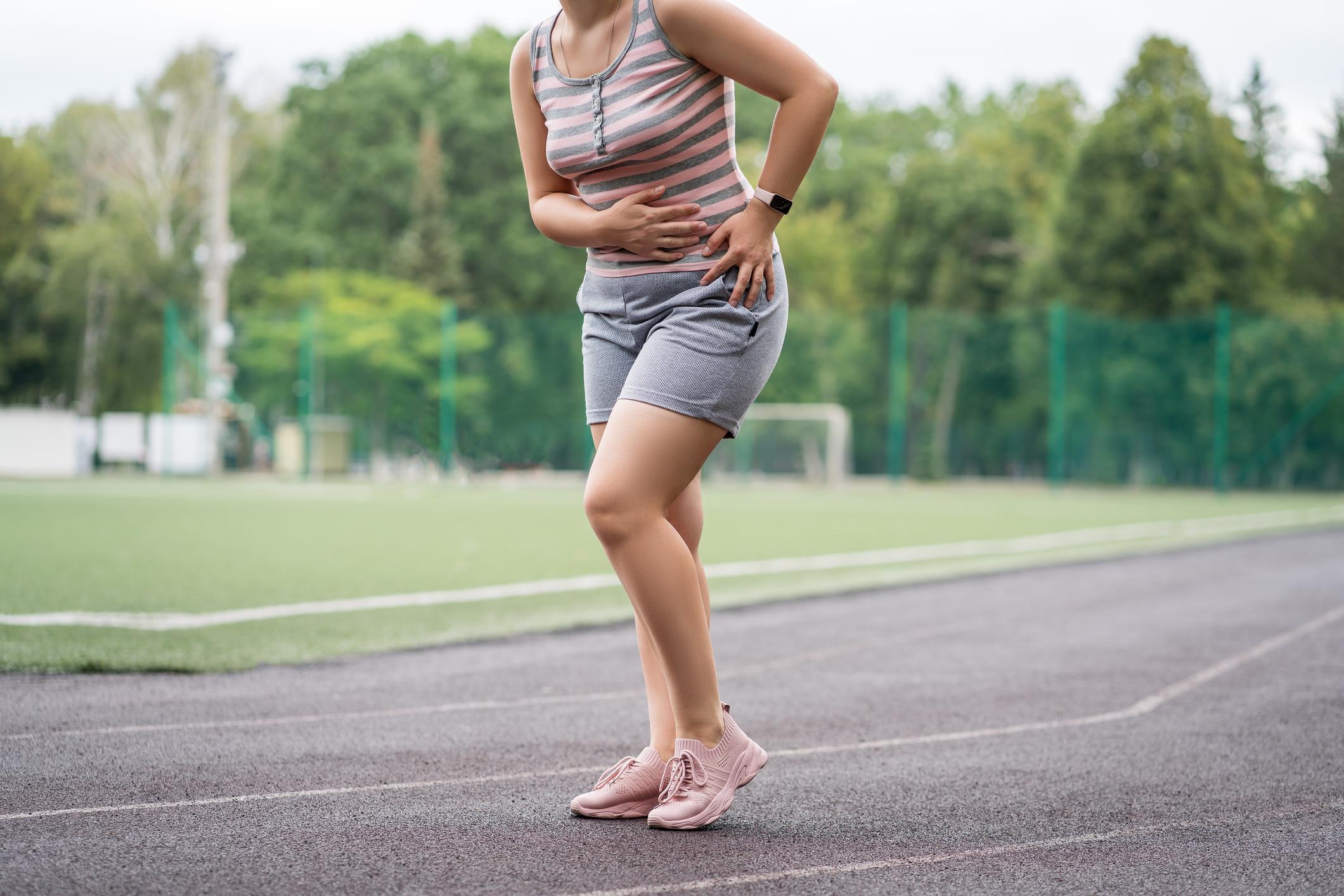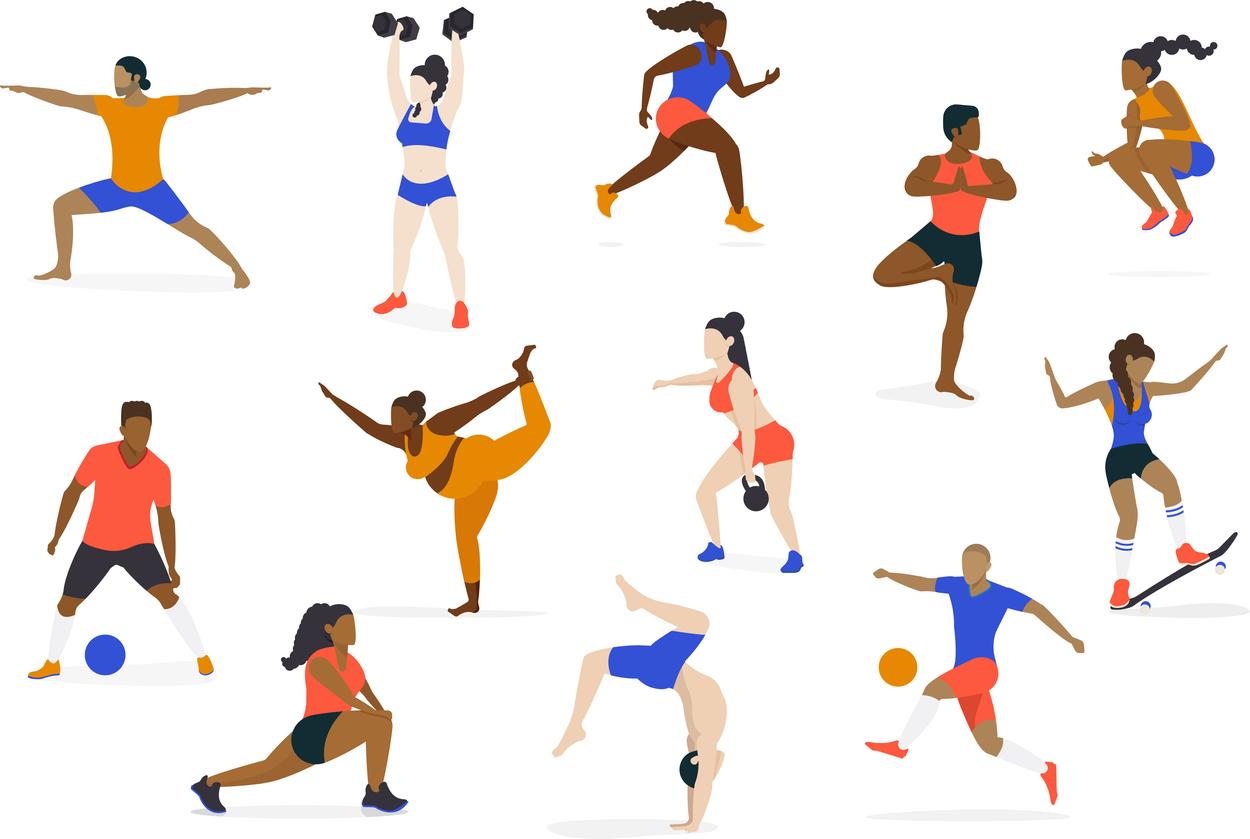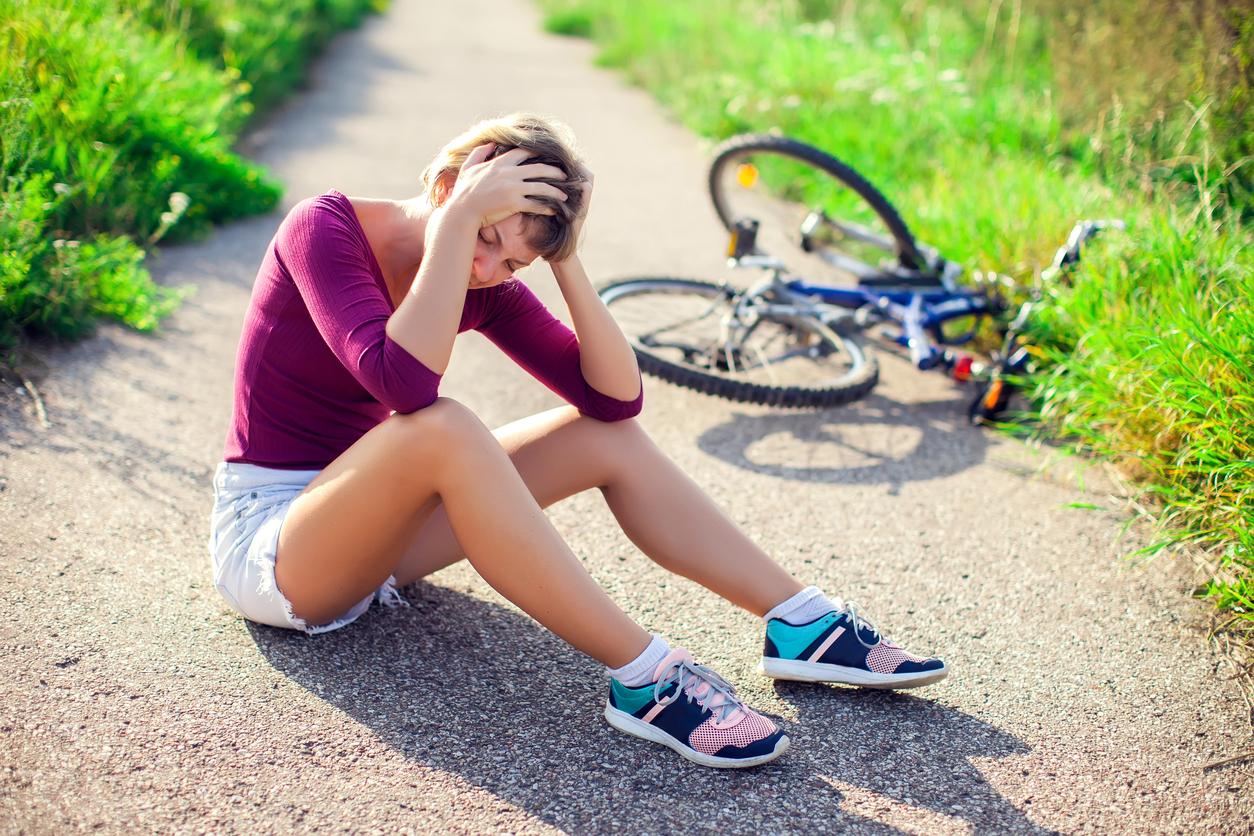While many people who work odd hours suffer from insomnia and depression, exercising at certain times of the day could deliberately alter your biological clock.
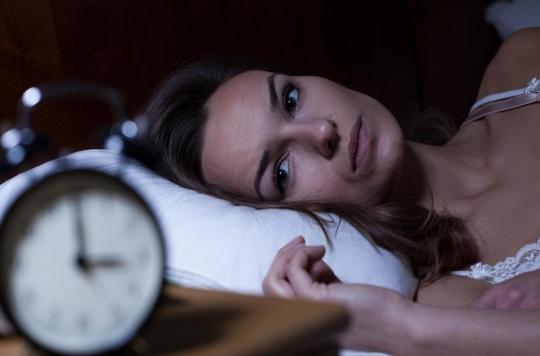
Air hostesses who no longer have their periods, night workers who are depressed and suffer from insomnia… It has been known for years that not working at regular hours and suffering from jet lag affects the circadian rhythm. (biological) of humans to the point of drastically altering their quality of life. If no treatment has yet been found to counter these side effects, American researchers have however discovered the sport could however greatly help to regulate. Their results appeared in The Journal of Physiology.
To reach these conclusions, Shawn Youngstedt of the Arizona State College of Health Care and Innovation in Phoenix studied the effects of physical exercise on 51 participants aged 59 to 75 and 48 aged 18 to 30. They calculated their circadian rhythms and how exercise affected them for 5.5 days. In detail, the 99 volunteers all ran for one hour on a treadmill for three days in a row at eight different times of the day and night. The scientists then determined the biological clock of the participants by analyzing their urine and their levels of melatonin, the central hormone regulating chronobiological rhythms.
The body releases melatonin in different doses depending on the time of day. The peak is usually reached in the evening and falls in the morning. Thus, by taking urine samples from the volunteers every 90 minutes, the researchers were able to identify the precise moment when their melatonin rose and fell during the day. Results: Exercising at 7 a.m. or between 1 p.m. and 4 p.m. set the circadian rhythm earlier, while starting exercise between 7 p.m. and 10 p.m. delayed it. The age and gender of the participants made no difference.
Deliberately altering our biological clock through physical exercise
“Sport is known to cause changes in our internal clock. We were able to clearly prove this with our study”, comments Shawn Youngstedt. And to continue: “This could make it possible to use sport to help counter the side effects of jet lag and working shifts”. In other words, deliberately changing our internal clock by playing sports at certain times of the day could help us sleep much better, the study concludes.
In 2015 British researchers had already identified different sports performance peaks during the day depending on the biological clock of the athletes (those more in the evening and those more in the morning). They had then shown that the best results were between 4 and 7 p.m. In detail, the differences in performance throughout the day reached 26% among evening athletes, against only 7.5% among morning athletes. The former were best about 11 hours after their natural awakening, around 8:45 p.m., while the latter exploded rather 5.5 hours after their biological awakening, around 12:30 p.m. The “intermediate” players achieved their best results around 2 p.m.
“For an athlete to be able to optimize their performance, the time that has elapsed since their natural awakening (without alarm, editor’s note) seems to be the most important and reliable criterion. It is not necessarily important to know at what time of the day the best personal performance must be made. What matters for an athlete is how many hours after the natural awakening, the competition or the performance evaluation takes place”, therefore concluded the scientists.

.










